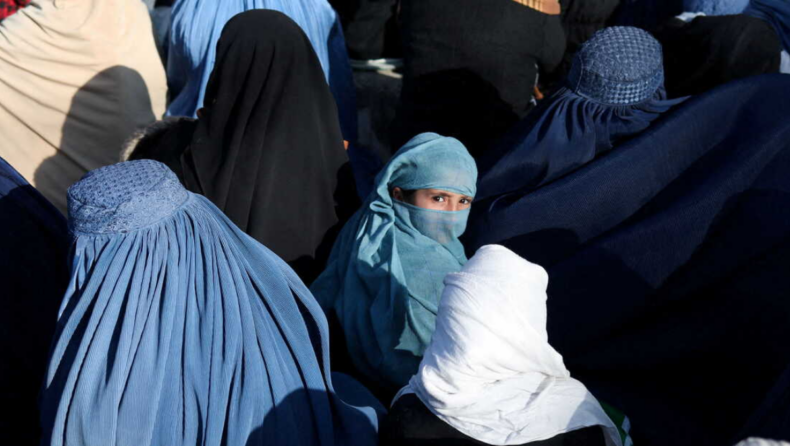After the hasty exit of the American and British forces from Afghanistan, the political structure and the social structure had a radical change with the Taliban seizing control of the land, its resources and foreign military assets that were left behind by the occupation forces. Now armed with all the power and resources of Afghanistan, the political inexperience of the Taliban are beginning to appear.

Afghanistan has been a war-torn country for almost four decades and most of it was against foreign military deployments. Afghanistan until now had no unified military force like other nations, rather the country is divided into many different indigenous communities who were tainted as ‘terrorists’ after the 9/11 attack. After almost four decades of foreign occupation in Afghanistan, first by Russians and then by Americans, the hasty exit from the country resulted in a massive social and economic crisis. Finally, Afghanistan landed in the hands of politically inexperienced Taliban governance.
But like any post-colonial country in its early days, Afghanistan in 2022 has been left in deep waters with little to no support from other member nations, the water is proving to be above its head. And cracks are appearing with its rank upon a quintessential question – How much reform is too much reform?
Why is it happening?
The Taliban is comprised of battle-hardened soldiers who have been fighting against US forces for 20 years. This newfound power of the Taliban government is essentially inexperienced since the US for over 20 years has been handling Afghanistan’s economy, policies, social reforms and even agriculture.
During the 1990s, Taliban rule in Afghanistan was nothing less than a dictatorship. Women were not allowed to have an education or a profession, and any sort of multimedia such as television, music, and especially western shows, were completely banned. But almost 30 years later, the internet has turned into an absolutely essential not only for the government but for the common people as well. Hence, Internet access is now allowed in Afghanistan.
Any country to have a politically stable reality, must have a constitution or a social doctrine that says – what does it mean to be a citizen of this nation? For this social doctrine to exist, it must be accepted by the entire or at least most of the population. Constitutions or social doctrines are often heavily influenced by the country’s history. Because it is the history of a country that gives legitimacy to the country’s present since it also gives the population, a collective past to remember.
Afghanistan at this moment is primarily going through an identity crisis among other crises and the government is trying to put their perspective about Afghanistan as a national narrative, not realizing that it is only national if people agree it to be otherwise it’s just authoritarianism. And in a country that is divided among different ethnoreligious groups, creating a national narrative is a gigantic task.
Social Effects
Even though women are not allowed to have secondary education, they can opt for primary and can have professions. For example, a number of women journalist has been seen taking interviews with the new government officials. Having said that, it does not mean that they are safe. Journalists and protestors have been silenced, regularly threatened and often detained. Women have been ousted from their government jobs and conservative values still exist in substantial proportions in Afghanistan.
The country is also going through a severe economic crisis, as some Taliban spokespeople say that many of their foreign assets are still frozen and hence they cannot transact those amounts for the welfare of the society. Due to this economic crisis, many Taliban soldiers in the lower ranks are unhappy with their bare minimum wages and social discrimination. A condition that is notorious to trigger coups.
Many people have fled to Pakistan in search of a better life and jobs. The people who have stayed back in the country are either unemployed or have been absorbed in the military or government profession with late and low wages.












